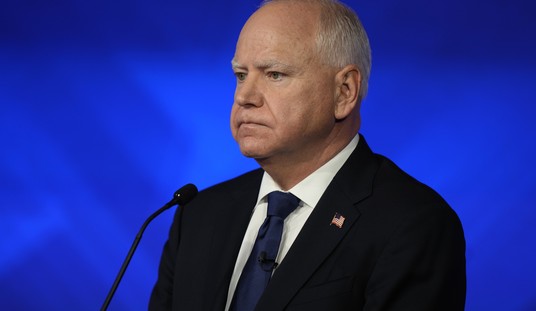In the coming weeks, a three-judge panel housed within the Library of Congress will issue a decision that could determine the future of an entire industry. The panel, known as the Copyright Royalty Board or CRB, is considering future royalty rates for the music played by digital radio services such as Pandora and iHeartRadio.
Consumer demand for digital radio services has exploded in recent years. Pandora alone reaches approximately 80 million listeners each month. Despite this popularity, no digital radio service has achieved profitability, and most industry observers credit high content acquisition costs (i.e. royalty fees) as the primary reason. Given that the upcoming CRB decision will set rates through 2020, this can be an industry defining decision for the rest of the decade.
Government rate setting is no substitute for the private market. But at least the CRB is charged under the governing statute with setting rates a willing buyer would pay a willing seller in a competitive market.
Until recently, the CRB’s job was more difficult because there was no relevant market evidence to guide the panel. That led to rates that were not economically viable in the real market. In the current proceeding, however, the CRB has dozens of private market agreements between copyright owners and digital services, all of which suggest that true market value is well below the current government rate.
This new market based evidence is not sitting well with the major record labels, which are asking for an increase of as much as 80% above the current rate levels, not a decrease as indicated by the market transactions. In fact, the major labels, through their collective, SoundExchange, have asked the judges not to consider the real world marketplace evidence.
Recommended
Positively, the labels’ proposal to eliminate market-based evidence was rejected outright. However, in a surprise turn, the two largest labels seem to be hedging against a likely rate reduction from the CRB final decision. In a recent filing, the two largest labels are suggesting that the judges establish two classes of music – recordings owned by the largest labels and those owned by independent labels.
But a distinction between royalty rates based on who owns the copyright is not permitted by law. Beyond that, such a proposal defies common sense. It would pit the biggest labels against the small labels. Why would an artist stay with an independent label if he or she were guaranteed a higher rate by moving to a major? And what does the label have to do with the value of a song anyway? Taylor Swift is with an independent label, is her music less valuable than an up and coming artist who happens to be signed to a major?
Understandably, the major record labels want to protect themselves against the lower royalty rates the marketplace seems to suggest. But they are attempting to do so at the expense of artists signed to smaller labels, whose own income is set by the fees their music can generate. This would tend to trap even big name artists, who have recently trended to breaking out by starting their own smaller label companies. Such a decision would arbitrarily, and contrary to law, increase the market power of the largest recording labels, and reduce the market power of the smaller labels.
The CRB should follow the current governing statute, which pushes it towards ruling guided by the marketplace. Because in the end, there is no substitute for markets.
























Join the conversation as a VIP Member